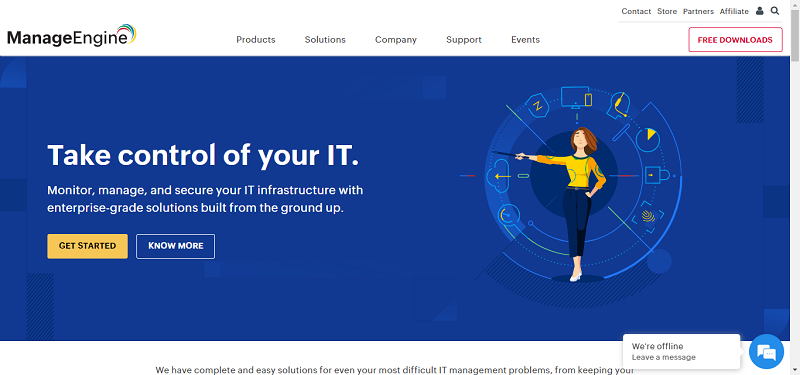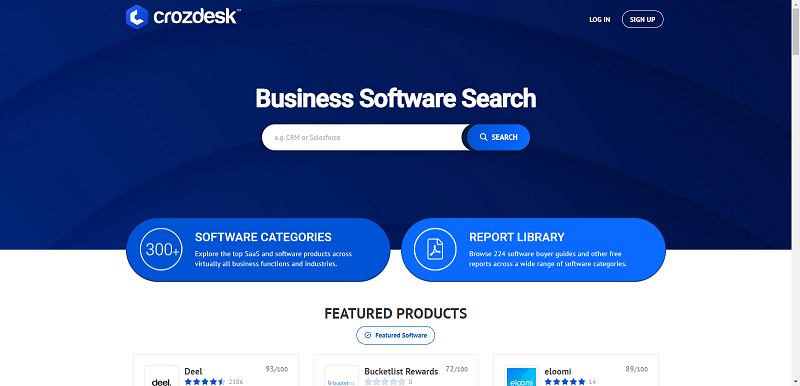c more and more vendors are offering cloud solutions, which can be customized, for a variety of industries, and needs. However, many companies have made mistakes in implementing cloud ERP systems, and these mistakes can be costly in terms of budget and staff time. Here are some things to think about before deciding to implement a cloud ERP system:
Know Your Requirements: You need to understand what your company needs from an ERP solution before you begin your project. This is an essential first step in the process. You need to find the vendor and the product that is best suited to your business. If you know what you need from an ERP solution, you can find the vendor whose products match your needs. Choosing the wrong software can be a costly mistake.
Understanding the Costs: With cloud ERP, you need to spend less time looking at the upfront costs and focus on the cost over the life of the contract. Do the math to figure out what your total cost will be. When comparing different ERP vendors, be sure you are using the same criteria for each option; in other words, compare apples to apples.
Public vs. Private: Many businesses jump into the private cloud because it feels more comfortable and appears to offer greater security. However, there are good reasons to consider the public cloud for at least some of your needs. With a public cloud, you can grow or shrink capacity to meet your needs and only pay for the amount you use. Public cloud space is cheaper, and you can use it to meet seasonal demands or unexpected situations. The best of both worlds is a vendor who offers both public and private, so you can switch or combine options if needed.
Getting the Right Personnel: Whether you have in-house IT staff or contract it out, your IT people need to understand multi-tenant cloud computing, which requires a different skill set than more traditional approaches. The cloud also asks the developer to play a different role. Developers will primarily be doing coding and testing rather than in managing and monitoring the solution. So you should plan your staffing needs ahead of time.
Plan your Implementation: Although cloud ERP offers a variety of advantages, some aspects of the process are difficult to implement after the fact. While you’re setting up your cloud ERP software, you should be thinking about how you want to organize security and set policies that will become part of your architecture. It’s much more difficult to enforce security rules and ensure the safety of your data if you try to formulate the policies after the fact.
Business Continuity: You should make plans for business continuity that take into account a range of scenarios, including a lengthy power failure at your main facility. You can work with your vendor to set up business continuity strategies, but don’t rely on them to come up with the plan. You should prepare for a variety of scenarios, including the possibility that your vendor will go out of business.
You may notice a common theme in every one of the above subheadings: planning. No matter the size of your company or the depth of your budget, you need to start the process by evaluating your needs, analyzing available options, and planning your architecture – all before you start the installation. By making planning the firs step, you can avoid some costly mistakes that you would need to fix in the future.
By Douglas Johnson
Douglas has over 20 years of experience in the software industry and currently works as the VP of Marketing and Business Development at cloud ERP software provider Acumatica.





